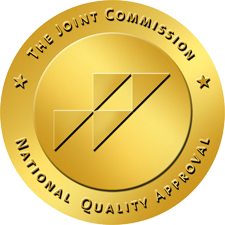On May 19th Generations at Applewood hosted a Continuing Education (CE) program sponsored by Elderwerks called “Ethics at End of Life” and presented by Attorney Paul Smolinski at the Flossmoor Station Restaurant and Brewery.
Attorney Smolinski started the discussion with the definition of ethics. Ethics is deciding what is right or wrong; good or bad and doing the best thing for the next person. Decisions you make regarding family members especially seniors have to be properly ethical and legal. He gave the following advice for anyone considering taking a Power Of Attorney (POA) role.
- A power of attorney allows the person you appoint (attorney-in-fact or agent) to act in your place for financial or other purposes when and if you ever become incapacitated or if you can’t act on your own behalf.
- You do not have to accept the role as POA. If you are named and you would like to decline the role, the document will be notated to have a successor because two people cannot act as “co-agents”.
- POA are important documents and if used properly they avoid the need to utilize the guardianship process in probate court. The laws related to power of attorney have become very very complicated and it is best to contact an Elder Law Attorney before signing documents.
- To properly sign for a POA you must sign as below because you are acting as that person. If you signed as yourself you could be personally liable for expenses.
Sign: [YOUR PERSON’S NAME]
Sign Underneath: By: [YOUR NAME], POA
- You must understand the legal responsibilities associated with being a POA such as keeping meticulous records, keeping the persons money separated from your own money, and making wise decisions for your loved one.
- You want the person to maintain as much independence and dignity as possible and the person may also wish to make other decisions for themselves and not consult your opinion.
- A person can still revoke the power of attorney and refuse to cooperate with your recommendation even if they no longer “appear’ competent. A doctor can advise that a dementia patient is not capable of decision making but only a Judge in Guardianship can make that legal decision.
Paul suggests reviewing these tips and having a candid conversation with your loved ones about their wishes regarding POA agreements.
For more information on POA visit- https://www.elderlawanswers.com/



